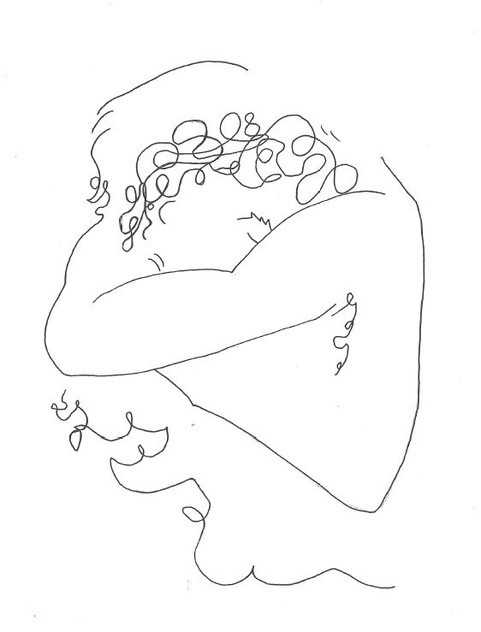Gender and Sexuality: Pasts, presents, futures
An international summer school (BA-level, 7.5 ECTS) at the University of Copenhagen. Dates: 5 August 2024 through 14 August 2024 (including weekend).

This course explores issues of gender and sexuality in the contemporary world with a special emphasis on LGBTQ+ issues, and asks: How has history formed the present that we find ourselves in, and how do we form the present that will become a future? We will explore this through reading, discussing, exploring the city, and visiting activist organizations in Copenhagen, as well as have international experts teaching us and discussing with us.
Denmark was the first country in the world to legalize the distribution of pornography (1969), to legalize same-sex civil unions (1989), to allow two persons of the same sex as legal parents of a child (1999), and to allow trans*persons to legally change their gender based solely on request (2014). In many ways, Denmark has thus been a front-runner for sexual and LGBTQ+ rights. How has Danish history paved the way for these transformations, and how does history continually shape the way we think about gender equality, sexual rights, and LGBTQ+ liberation?
We will both study Denmark as a case, but also broaden our perspective and discuss how the worldwide debate on these issues is shaped by different historical trajectories. International experts from Asia and Europe will join us in person and via Zoom, and help us understand how the framing of the past is forming the present situation and the futures we can imagine for sexual and gender minorities.
We will be using the university as our classroom, but also explore the city, and look for traces of its sexual and minority history. We will visit activist organizations and learn about the frontline of the struggle for sexual and minority rights and we will watch historical movies together to understand how fiction forms reality.
Note: The course partly overlaps thematically with the Danish Culture Course, Gender and Sexuality, which runs both in the Spring and the Fall terms of 2024.
Tutor:
- Peter Edelberg, Teaching Associate Professor, PhD.
Application deadlines
- First round: 1 April
- Second round: 1 June (after availability)
Students must apply by 1 April by submitting application form including relevant documents. Deadline for second round of applications in case of remaining seats is 1 June.
Bachelor's and Master’s students are eligible to apply to this course. But please note, that the exam is at Bachelor’s level only. The course is open to international exchange and guest students.
This course will be taught in English, therefore good English skills are required. All applicants must have completed the first year of studies at Bachelor’s level (60 ECTS) before summer school begins.
The programme consists of lectures and ‘walking tour lectures’; group seminars and collegial debates, and field trips and independent field studies and assignments.
A reading list will be specified for accepted students by May. It is expected that students read some of the required text material before summer school.
The workload amounts to 206 work hours equivalent to the 7,5 ECTS points students receive upon meeting the above criteria.
Exam format: written take-home assignment, optional subject.
Scope: 6-10 standard pages.
Assessment: Internal with one examiner, the 7-point grading scale.
Regulations for group exams: The exam can only be taken individually.
Exam language(s): English.
Permitted exam aids: All.
Make-up exam/re-sit: Conducted in the same manner as the original exam.
Curriculum module:
Danish Summer Culture Course, 7.5 ECTS, Activity code: HDCB01181E, Danish Culture Courses 2019.
Unfortunately, the University of Copenhagen does not offer scholarships or tuition fee reductions.
Figures are estimates only.
Tuition fees
Read more about tuition fees here.
Accommodation
Monthly rate approximately: DKK 4000-6000. Deposit: one month’s rent.
Miscellaneous
Living expenses: Approx. DKK 2500 for three weeks
For more information on living costs and costs of accommodation, please visit UCPH website for international students.
Summer school participants are responsible for finding and funding accommodation during their stay in Copenhagen. Students can use different online portals to search for accommodation, such as:
- UCPH Housing Foundation (acceptance letter from UCPH required)
- Airbnb
- Housing Anywhere
- Hostel World
- Danhostel
For additional information, please refer to: Housing for international summer school students.
Application deadlines
The application deadlines are as follows:
- First round: 1 April
- Second round: 1 June (after availability, and only for students enrolled at the Faculty of Humanities/UCPH)
